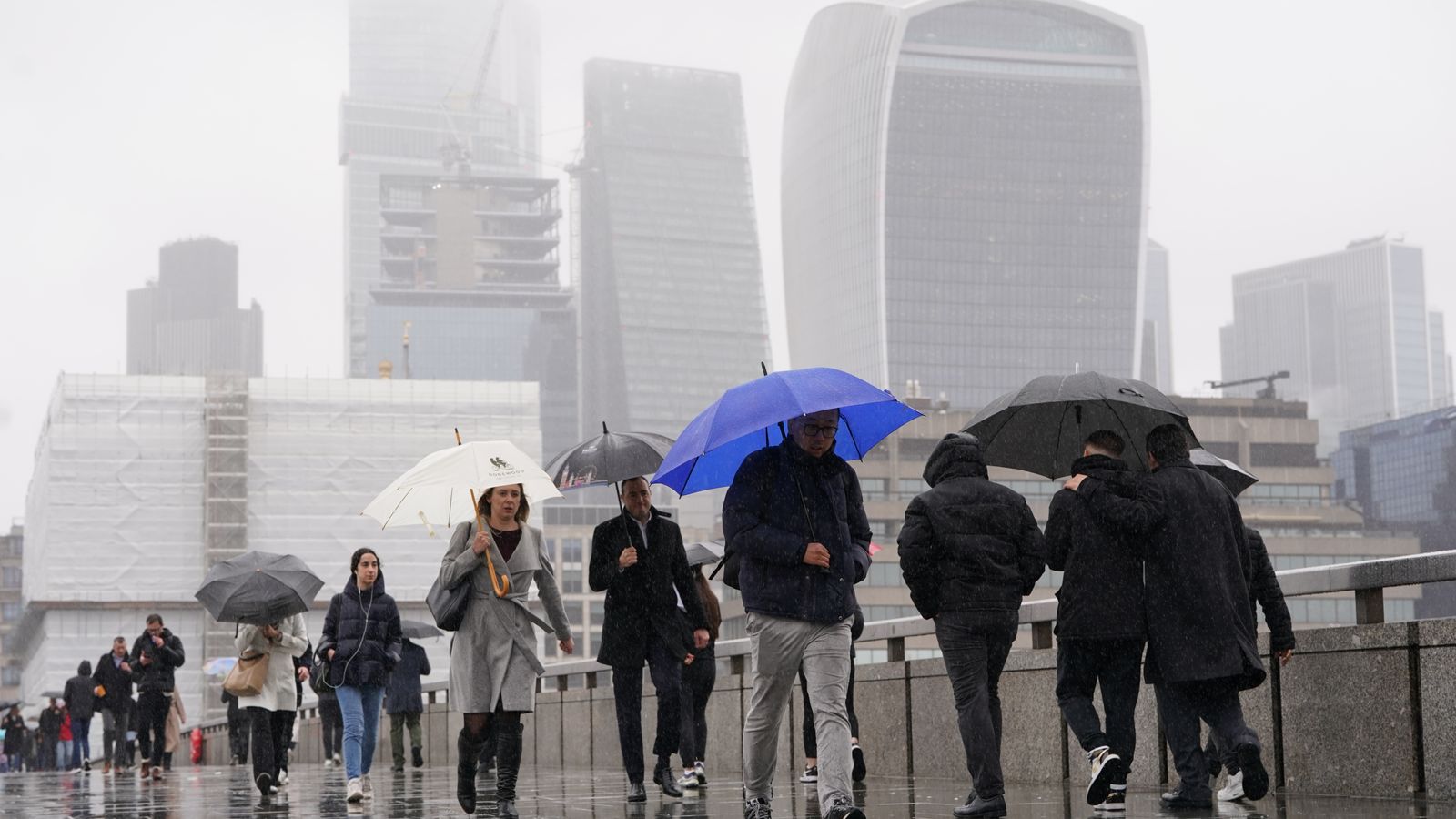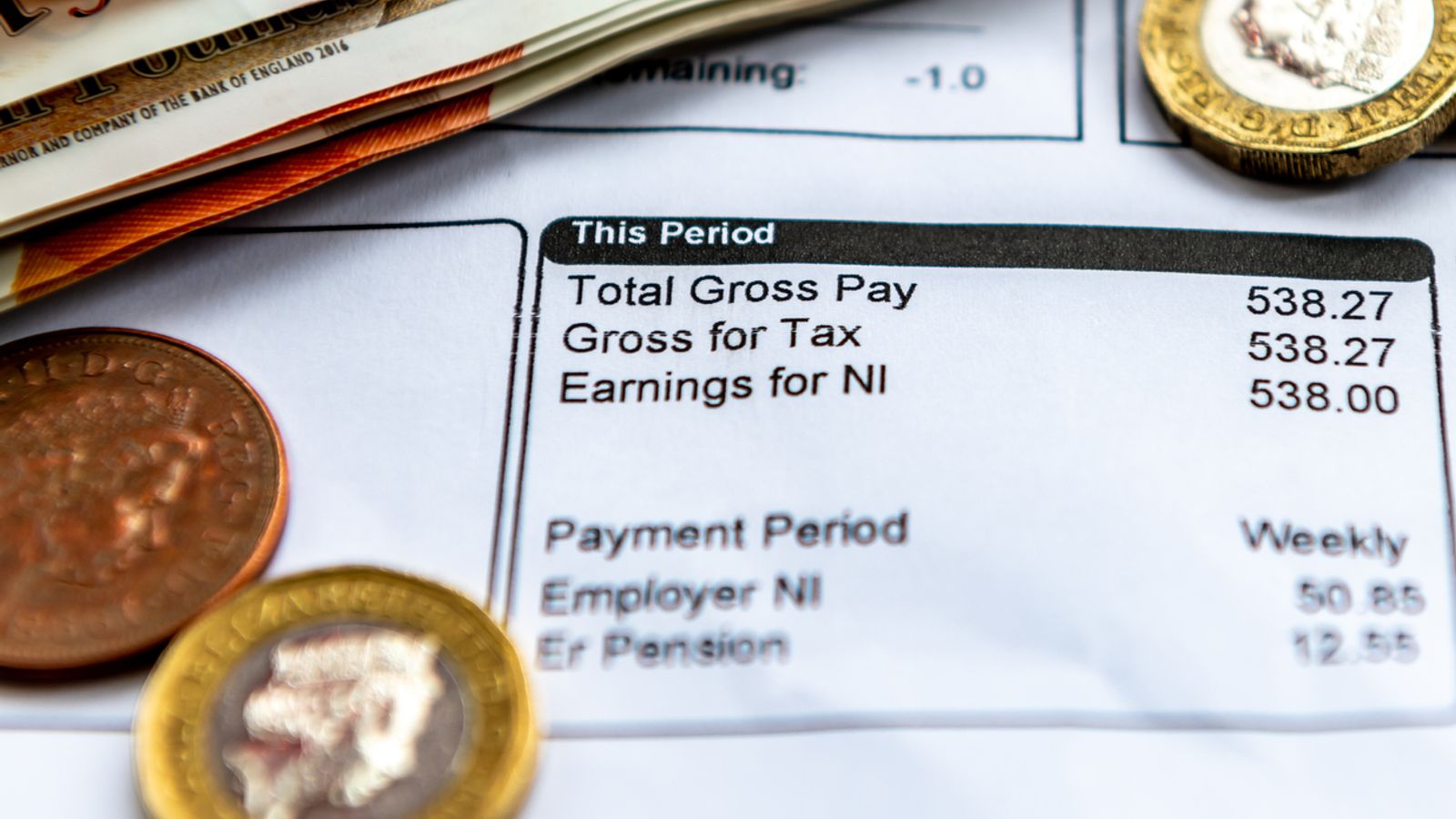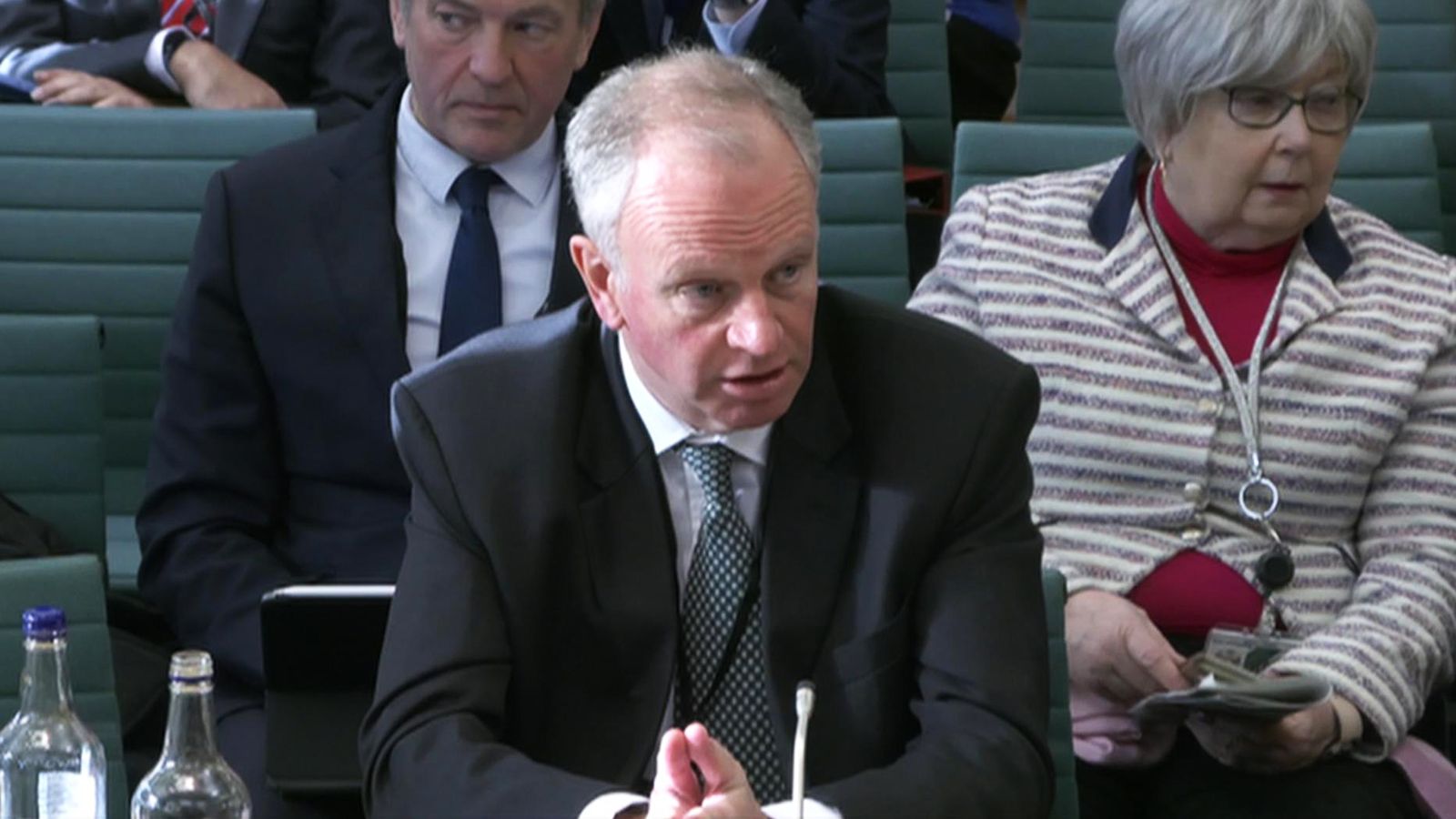
Iranians protest to demand justice and highlight the death of Mahsa Amini, who was arrested by morality police and subsequently died in hospital in Tehran under suspicious circumstances.
Mike Kemp | In Pictures via Getty Images
Iranians are turning to virtual private networks to bypass widespread internet disruptions as the government tries to conceal its crackdown on mass protests.
Outages first started hitting Iran’s telecommunications networks on Sept 19., according to data from internet monitoring companies Cloudflare and NetBlocks, and have been ongoing for the last two and a half weeks.
Internet monitoring groups and digital rights activists say they’re seeing “curfew-style” network disruptions every day, with access being throttled from around 4 p.m. local time until well into the night.
Tehran blocked access to WhatsApp and Instagram, two of the last remaining uncensored social media services in Iran. Twitter, Facebook, YouTube and several other platforms have been banned for years.
As a result, Iranians have flocked to VPNs, services that encrypt and reroute their traffic to a remote server elsewhere in the world to conceal their online activity. This has allowed them to restore connections to restricted websites and apps.
On Sept. 22, a day after WhatsApp and Instagram were banned, demand for VPN services skyrocketed 2,164% compared to the 28 days prior, according to figures from Top10VPN, a VPN reviews and research site.
By Sept. 26, demand peaked at 3,082% above average, and it has continued to remain high since, at 1,991% above normal levels, Top10VPN said.
“Social media plays a crucial role in protests all around the world,” Simon Migliano, head of research at Top10VPN, told CNBC. “It allows protesters to organize and ensure the authorities can’t control the narrative and suppress evidence of human rights abuses.”
“The Iranian authorities’ decision to block access to these platforms as the protests erupted has caused demand for VPNs to skyrocket,” he added.
Demand is much higher than during the uprisings of 2019, which were triggered by rising fuel prices and led to a near-total internet blackout for 12 days. Back then, peak demand was only around 164% higher than usual, according to Migliano.
Nationwide protests over Iran’s strict Islamic dress code began on Sept. 16 following the death of Mahsa Amini, a 22-year-old woman. Amini died under suspicious circumstances after being detained — and allegedly struck — by Iran’s so-called “morality police” for wearing her hijab too loosely. Iranian authorities denied any wrongdoing and claimed Amini died of a heart attack.
At least 154 people have been killed in the protests, including children, according to the nongovernmental group Iran Human Rights. The government has reported 41 deaths. Tehran has sought to prevent the sharing of images of its crackdown and hamper communication aimed at organizing further demonstrations.
The Iranian Foreign Ministry did not immediately respond to a CNBC request for comment.
Why VPNs are popular in Iran
VPNs are a common way for people under regimes with strict internet controls to access blocked services. In China, for instance, they’re often used as a workaround to restrictions on Western platforms blocked by Beijing, including Google, Facebook and Twitter. Homegrown platforms like Tencent’s WeChat are extremely limited in terms of what can be said by users.
Russia saw a similar rise in demand for VPNs in March after Moscow tightened internet curbs following the invasion of Ukraine.
Swiss startup Proton said it saw daily signups to its VPN service balloon as much as 5,000% at the peak of the Iran protests compared to average levels. Proton is best known as the creator of ProtonMail, a popular privacy-focused email service.
“Since the killing of Mahsa Amini, we have seen a huge uptick in demand for Proton VPN,” Proton CEO and founder Andy Yen told CNBC. “Even prior to that, though, VPN usage is high in Iran due to censorship and fears of surveillance.”
“Historically, we have seen internet crackdowns during periods of unrest in Iran which lead to a rise in VPN usage.”
The most popular VPN services during the protests in Iran have been Lantern, Mullvad and Psiphon, according to Top10VPN, with ExpressVPN also seeing big increases. Some VPNs are free to use, while others require a monthly subscription.
Not a silver bullet
The use of VPNs in tightly restricted countries like Iran hasn’t been without its challenges.
“It is fairly easy for regimes to block the IP addresses of the VPN servers as they can be found quite easily,” said Deryck Mitchelson, field chief information security officer for the EMEA region at Check Point Software.
“For that reason you will find that open VPNs are only available for a short duration before they are identified and blocked.”
Periodic internet outages in Iran have “continued daily in a curfew-style rolling manner,” said NetBlocks, in a blog post. The disruption “affects connectivity at the network layer,” NetBlocks said, meaning they’re not easily solved through the use of VPNs.
Mahsa Alimardani, a researcher at free speech campaign group Article 19, said a contact she’s been communicating with in Iran showed his network failing to connect to Google, despite having installed a VPN.
“This is new refined deep packet inspection technology that they’ve developed to make the network extremely unreliable,” she said. Such technology allows internet service providers and governments to monitor and block data on a network.
Authorities are being much more aggressive in seeking to thwart new VPN connections, she added.
Yen said Proton has “anti-censorship technologies” built into its VPN software to “ensure connectivity even under challenging network conditions.”
VPNs aren’t the only techniques citizens can use to circumvent internet censorship. Volunteers are setting up so-called Snowflake proxy servers, or “proxies,” on their browsers to allow Iranians access to Tor — software that routes traffic through a “relay” network around the world to obfuscate their activity.
“As well as VPNs, Iranians have also been downloading Tor in significantly greater numbers than usual,” said Yen.
Meanwhile, encrypted messaging app Signal compiled a guide on how Iranians can use proxies to bypass censorship and access the Signal app, which was blocked in Iran last year. Proxies serve a similar purpose as Tor, tunneling traffic through a community of computers to help users in countries where online access is restricted preserve anonymity.











